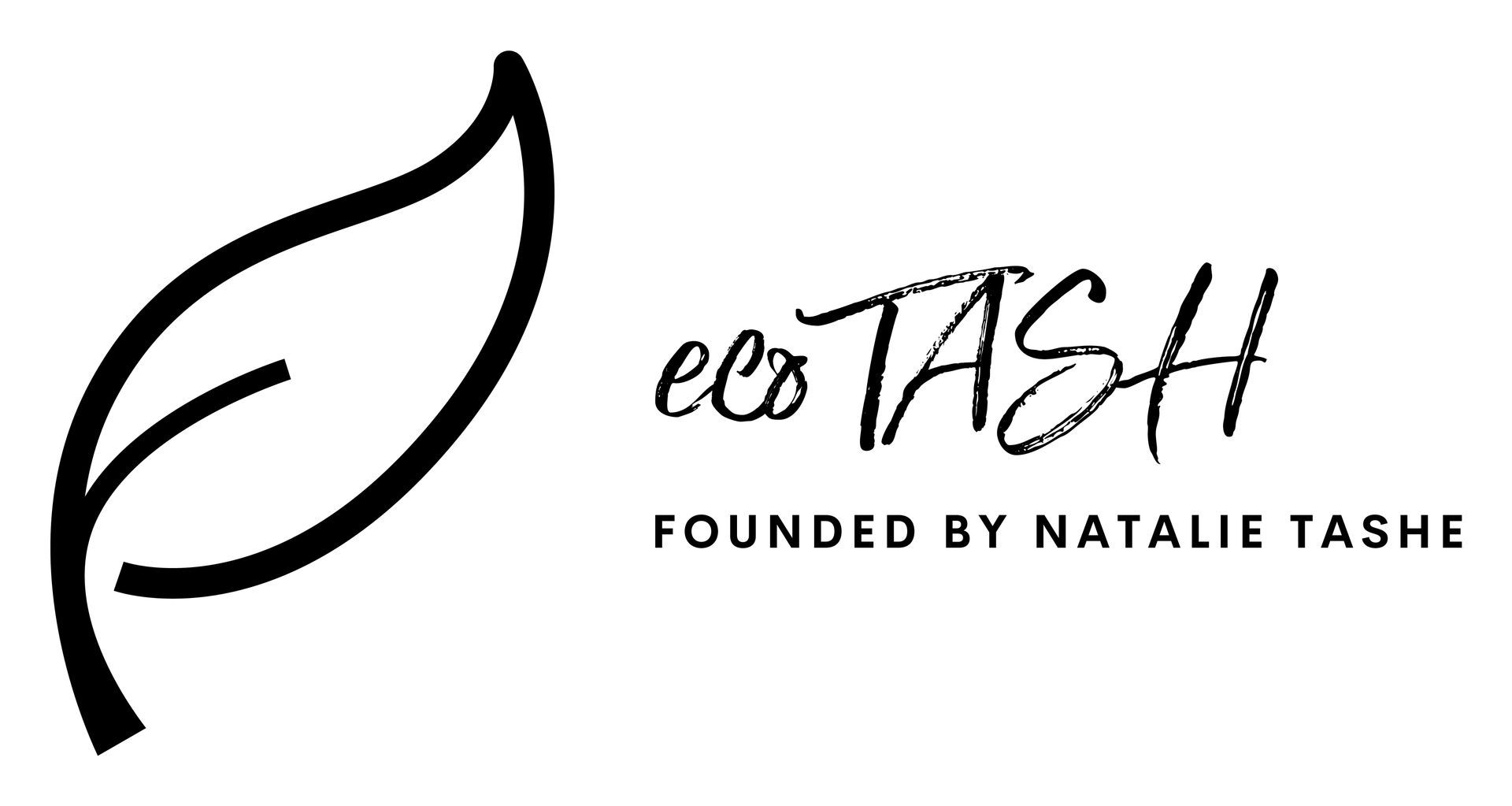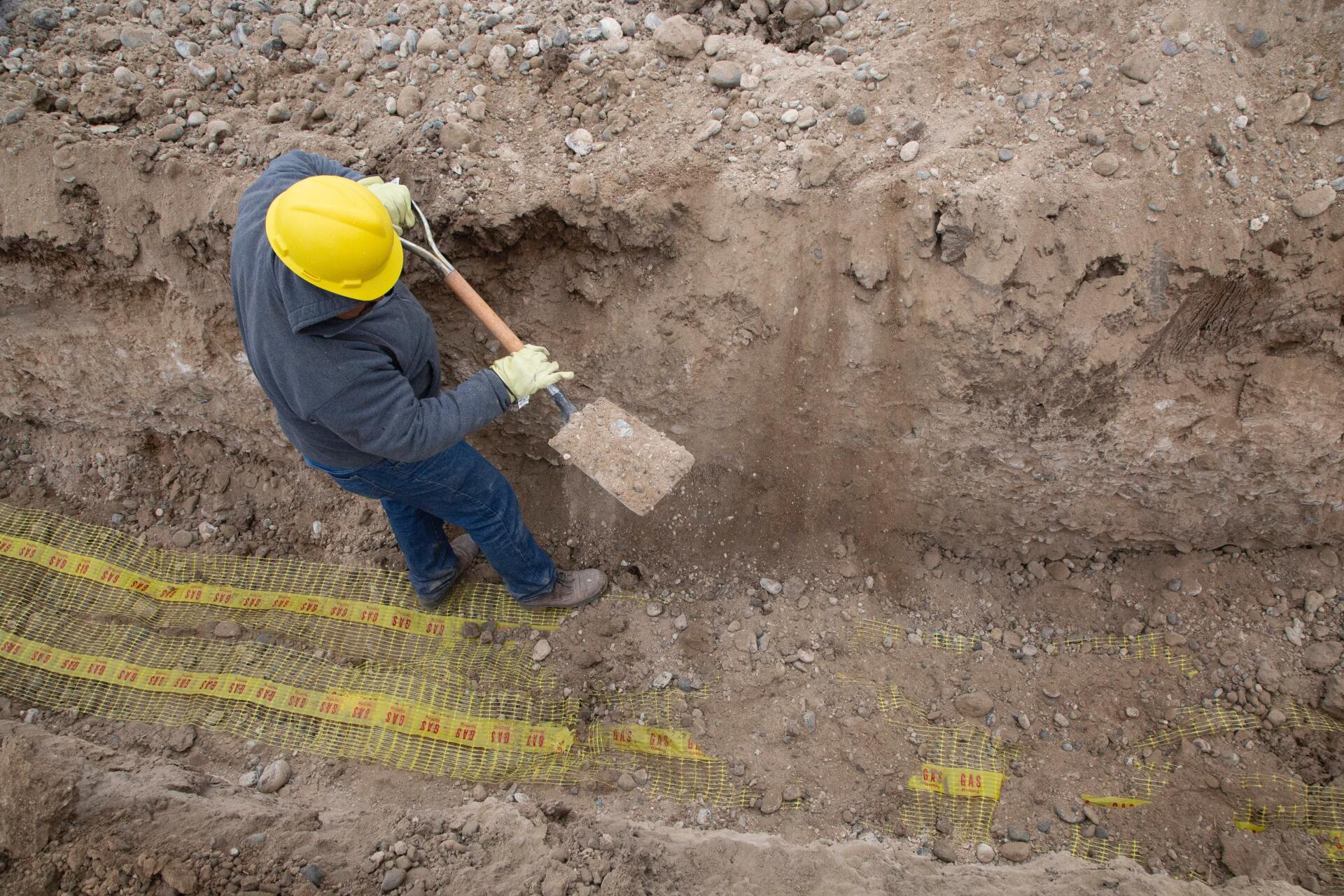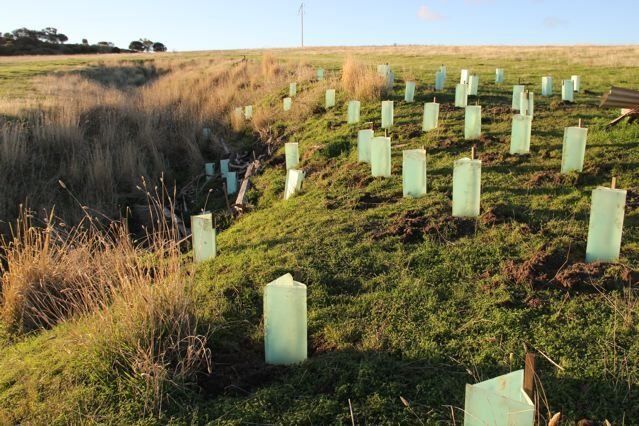
PROJECT MANAGEMENT
Project management services include: providing assistance in selecting a project team that meets the client’s project needs, directing the consultant team, developing a schedule, providing budget management and maintaining communications. As the Project Manager, ecoTASH has the responsibility that every project is efficiently directed.
EDUCATIONAL OUTREACH
At ecoTASH, we believe that stewardship of land is not only a scientific pursuit but a shared responsibility. We offer workshops and training programs for diverse groups - Indigenous communities, industry practitioners, students - on topics such as soil health, native plant revegetation, and habitat restoration. These sessions combine fieldwork, traditional ecological knowledge, and the latest restoration science to build capacity and foster long-term care for landscapes.
SOIL SCIENCE
Natalie's soil science background began in 1996 where she focused her master's thesis on soil biogeochemistry and taught soil lab sessions. She was a research associate at Simon Fraser University from 1999 to 2000 where she ran the soils lab at Simon Fraser University and led research on soil mycorrhizal fungi and soil biology. Natalie worked in soil classification as part of her job as a Forest Ecologist at Olympic Resource Management in 2001 and then continued soil assessments for soil quality, agricultural capability, and soil fertility from 2004 to present. Natalie has mapped soils to national standards for soil mapping and is familiar with CANSIS standards and the Canadian System of Classification. Natalie has also worked on soil salvage, storage and replacement plans and soil erosion control management plans and assessed impacts of dust deposition and acid deposition effects on soils. Natalie has also supported research on soil biocrusts working with the master's program in ecological restoration at the British Columbia Institute of Technology and Simon Fraser University.

RESEARCH DESIGN
At EcoTASH we have experience with design frameworks and their effective execution on the ground. We have benefited many clients with designs; some of which have even received formal award-and-recognition for the advancement of reclamation.
Natural processes are key to our health and function on this planet. With industrialization and resource development we need balance to restore what is no longer needed for resource extraction, or development back to a land use that protects both the public and wildlife. We know our extraction and development of natural resources have resulted in unprecedented changes to the planet in both scale and magnitude. This disruption of natural ecosystems has led to the breakup of long-established biological associations, land productivity and ecosystem function. Research both existing knowledge and proposed research can help shorten timelines of recovery. Research Design helps set up the Research Framework.
The Research Framework is set up to address the following questions as follows:
- What site specific questions do we need answered to meet the challenges of restoration?
- What factorial designs are needed to be tested, monitored and adapted before full scale execution that considers site specific conditions?
- How do we encourage participation, and share information of the research? Research design is an expected regulatory, community, First Nations and private land-owners deliverable for most reclamation plans-
- What funding sources are available to support research?
- What academic partnerships are available?
- What support is needed to make sure research translates to effective executional actions on the ground?
- What consistent mentorship and oversight is needed to work through multiple years of execution and evolution of research?
- What workshops, training and community facilitation are needed to effectively communicate reclamation research design?
Let us help you with your next steps in supporting research design whether in advanced stages of execution or starting at the beginning. We help customize the program whatever your project needs are.
VEGETATION ECOLOGY
Natalie has studied natural ecosystems and their function for over 30 years. Her experience executing large scale baseline studies for the classification of natural ecosystems, identifying rare plants, sensitive ecosystems, invasive species and completing wetland and riparian classification. She has put that knowledge to use by applying it to reclamation design, setting biodiversity objectives, incorporating indigenous knowledge to reclaiming disturbed landscapes. She has developed associated monitoring and management plans to limit industrial disturbance. Natalie has also worked with the Agricultural Land Reserve permitting and measures to restore and maintain land capability.
Natalie worked in forestry consulting starting in 2000 where she learned mapping to Alberta Vegetation Inventory (AVI) standards, British Columbia's Vegetation Resource Inventory (VRI) and Terrestrial Ecosystem mapping (TEM).
